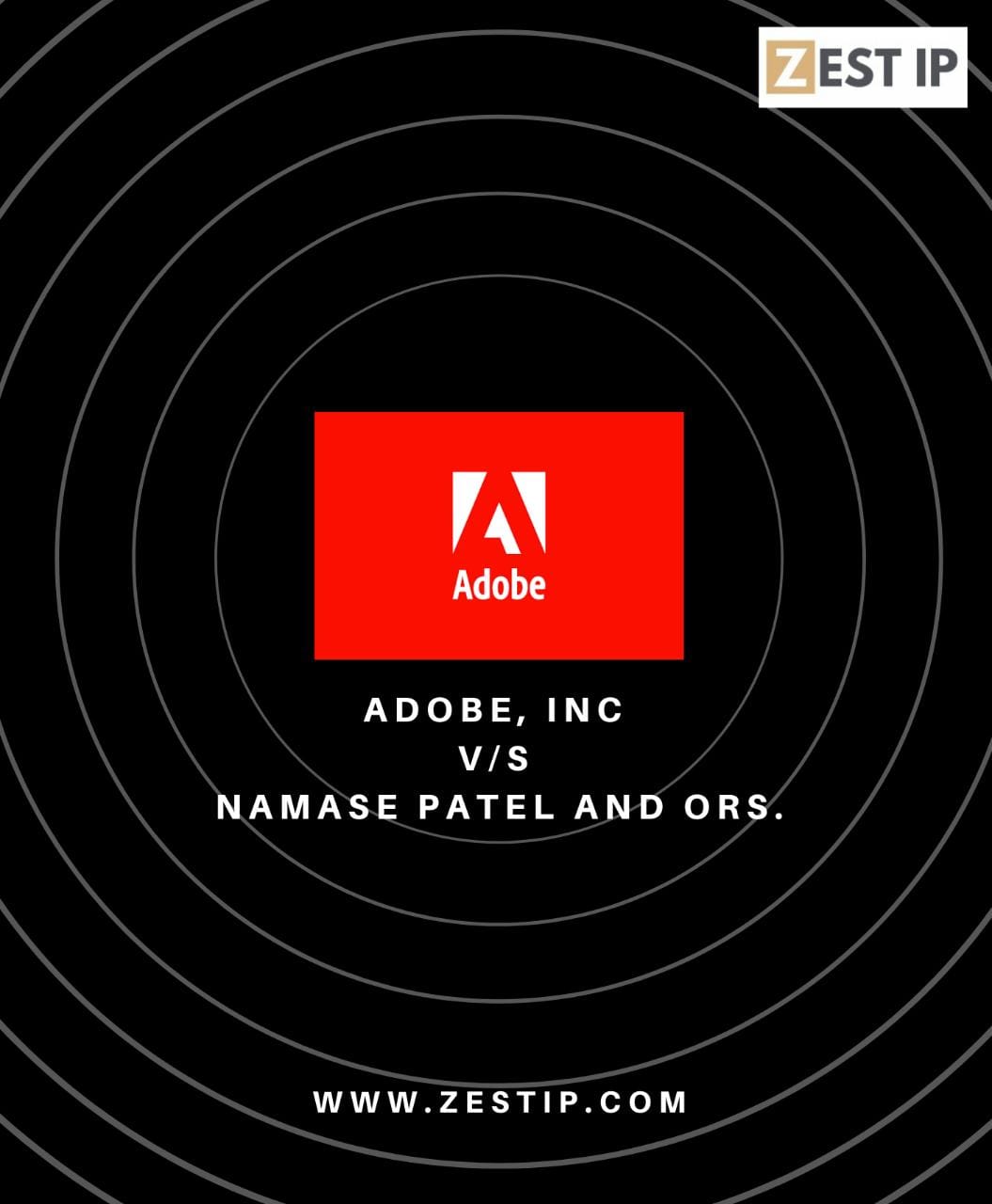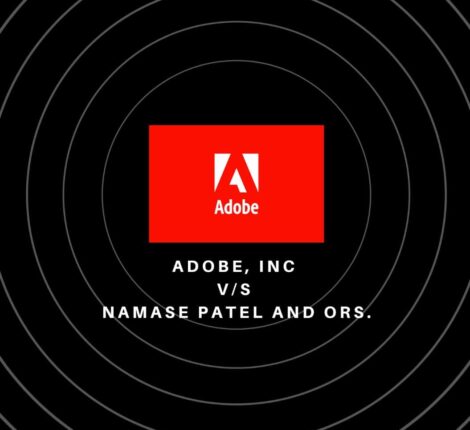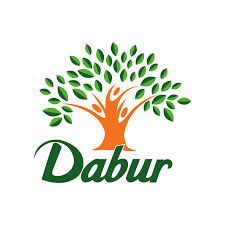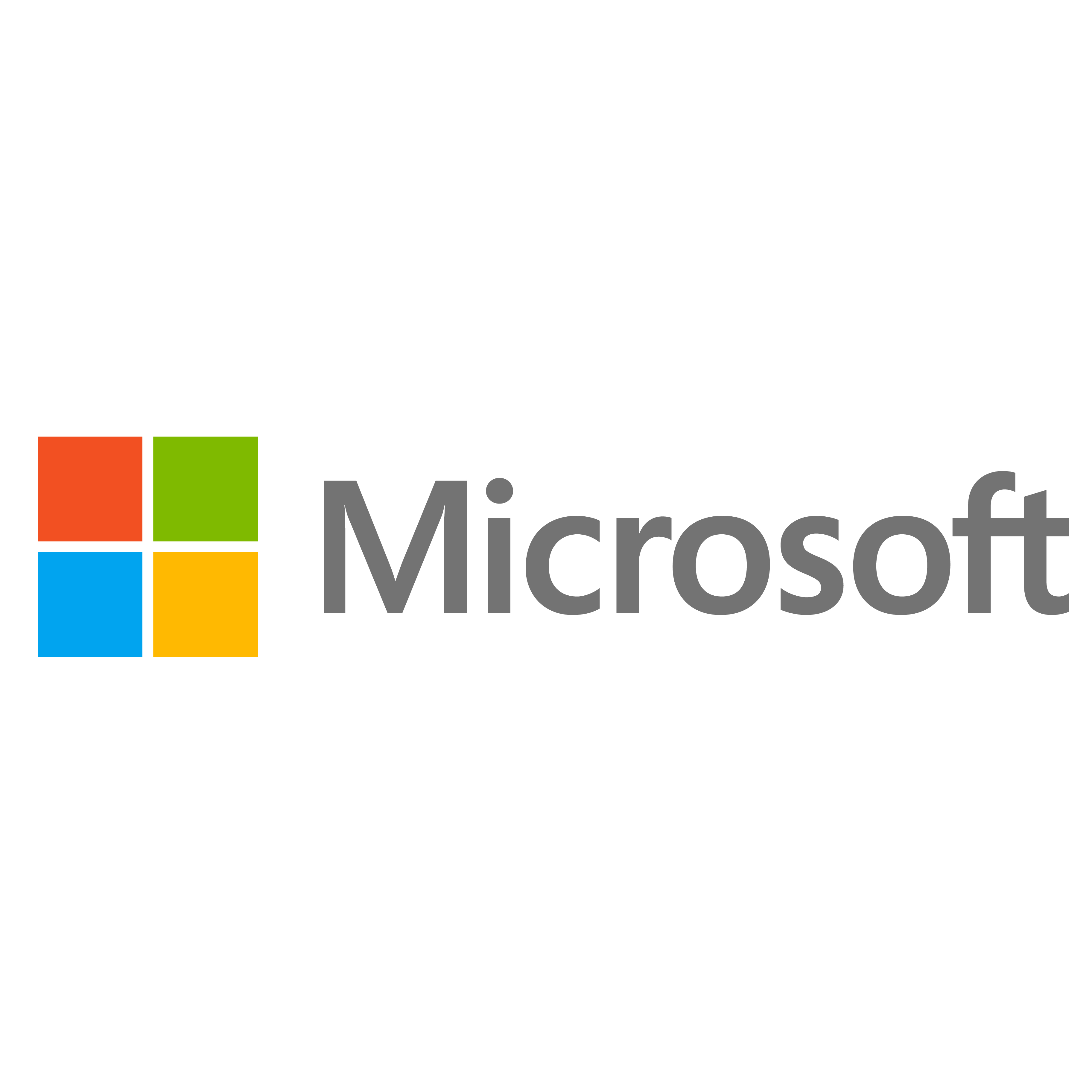Theft of Adobe Originality – Delhi High Court grants ex-parte injunction in favor of Adobe
Facts
In this case, the plaintiff is a company called ‘ADOBE’ that sells computer software and other IT-related services. The case was filed to seek a permanent injunction, passing off, disclosure of confidential information, unfair trade practices, transfer of domain names, rendition of accounts, and damages against the defendant- Namase Patel, who registered the domain names ‘www.addobe.com‘ and ‘www.adobee.com‘ that infringe the plaintiff’s trademark.
Namase Patel is a frequent registrant of variations of well-known trademarks, and several orders have been issued against him. Plaintiff received the alleged use of offensive domains. It found a few emails intended for distribution within the defendant’s company received by the defendant due to a spelling error committed by the email sender.
Contentions
The Plaintiff contended that defendant no. 1 is a habitual registrant of variations of well-known trademarks. Several orders have been passed against him under the proceedings by the Arbitral Forum under the ICANN’s Uniform Domain-Name Dispute-Resolution Policy (“UDRP”). Further, they used the services of Above.com; the emails were received by Defendant No.1 by utilizing a feature known as catch-all configuration, in which all emails sent with a spelling error of the Plaintiff’s domain name, i.e., “…@addobe.com” or “…@adobee.com,” were received by Defendant No.1’s mailbox.
Plaintiff also relied on various orders issued by the US National Arbitration Forum (“NAF”) and the World Intellectual Property Organization Arbitration and Mediation Centre, in which directions were given for the transfer/locking of domain names illegally registered by Namase Patel.
Issues
1. Whether the Namase Patel had registered the infringing domains for several years?
2. Whether Namaste Patel was a habitual registrant of variations of well- known trademark?
3. Whether the registration of well – known trademarks as domain names constitute bad faith registrations?
Court’s Decision
Justice Pratibha M Singh perused the list of domain names of the defendant, and various orders passed by the US National Arbitration Forum and other arbitral institutions. The Court believed that the same clearly showed that the defendant seemed to be a habitual cyber squatter engaged in registering various domain names. The Court was apprised that the forensic audit conducted when the emails did not bounce back to the sender revealed that the Defendant had availed of hosting infringing domains on an infrastructure platform owned by ‘www.above.com’, which was itself an IT infrastructure company.
The Court found that the defendant was a cyber squatter who regularly registered various other domains. Such registration of trademarks known as domain names creates a negative impression; as stated by the Supreme Court in Satyam Infoway Ltd. v. Sifynet Solutions Pvt. Ltd.,[1], cyber-squatting is not encouraged and is clearly against the law.
Thus, while granting ex-parte injunction order, the Court restrained the defendants from using the domain names that infringed the plaintiff’s registered trademarks and ordered the blocking of the infringing domains immediately.
Remarks
Trademark infringement is the desire to gain bad publicity through well-known trademarks and reduce their advertising capabilities. To avoid infringement, registered owners must be aware of their right to protect their trademarks. As businesses emerge, owners need to protect their brands to protect their corporate value. In this case, the defendant and anyone acting on his behalf are prohibited from using the infringing domains and registering any domain that comprises the plaintiff’s trademark.
[1] 2004 (6) SCC 145
– Shobhit Rajput, (Intern) ICFAI Law School, Dehradun
Disclaimer: This brief is intended to provide general guidance to the subject matter. It does not contain legal advice. For any specific advice/corrections, write to [email protected]
© ZEST IP




